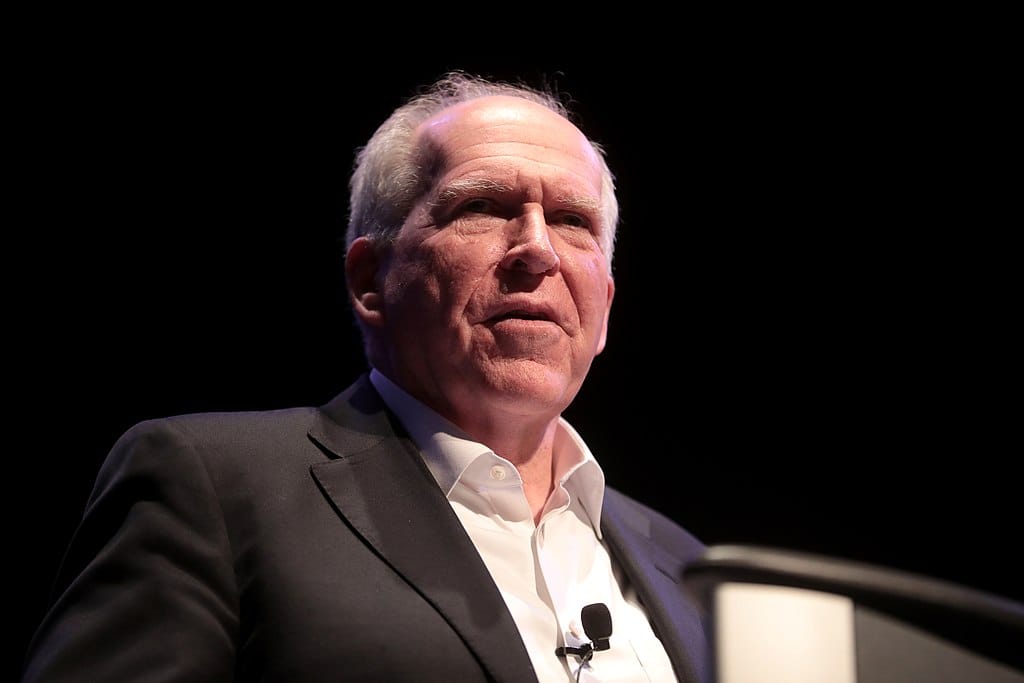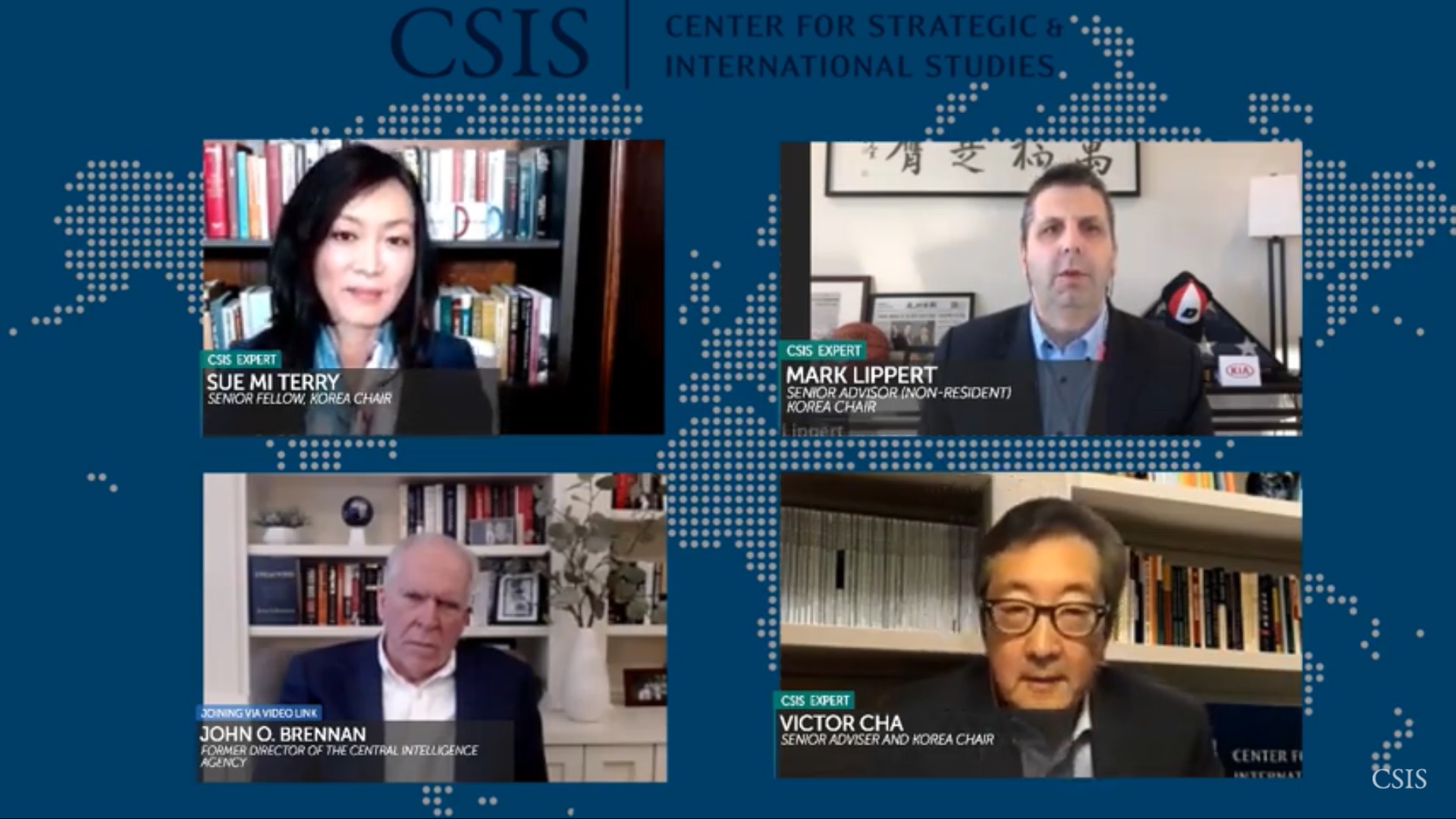President-Elect Joe Biden Needs to Reassure Global Allies That ‘America First’ Policy is Over
December 4, 2020 – Panelists at The Center for Strategic and International Studies on Friday morning agreed that for the U.S. to reassert its power globally, the incoming administration of President-elect Joe Biden needed to convince U.S. allies that Trump’s isolationist “America First” policy was o
Liana Sowa

December 4, 2020 – Panelists at The Center for Strategic and International Studies on Friday morning agreed that for the U.S. to reassert its power globally, the incoming administration of President-elect Joe Biden needed to convince U.S. allies that Trump’s isolationist “America First” policy was over.
Former CIA Director John Brennan said that the country needs to reassert itself on the global stage in organizations where it has recently pulled back, like the United Nations and the World Health Organization.
He also said that the U.S. would need to have constructive dialogue with Russia, as well as deal with Iran and North Korea, assuring other countries that Trump administration isolationism was “just a blip.”
Sue Mi Terry, CSIS senior fellow and Korea chair was emphatic about the need to reassure our allies of our break with isolationism. She said it must be disconcerting to our allies that many Americans still voted for Trump this year.

Screenshot from the CSIS webinar
Brennan predicted that one of the challenges of the incoming administration would be having to deal with issues like the pandemic, climate change, and cybersecurity simultaneously.
Unlike previous administrations, said Victor Cha, CSIS senior advisor and Korea chair, Biden won’t be able to put the biggest crisis—the pandemic—on the back burner when prioritizing issues.
Brennan said that the new administration would likely be putting together an National Intelligence Priorities Framework document, NIPF, to aid in the prioritization decision-making. He also predicted that Biden would make more use of the interagency process.
Cha asserted that fixing the US’ domestic issues first would build credibility with our allies as we tried to “mend” those relationship because they would know we’re coming from a solid place.
CSIS Non-Resident Senior Advisor, Korea Chair, and Moderator of this discussion Mark Lippert, referenced a statement from National Director of Intelligence Dan Coats in his U.S. Worldwide Threat Assessment intelligence report (PDF), which said that China and Russia were more aligned than they ever have been and that that alliance is likely to strengthen.
Disagreement over whether China and Russia are a joint threat
Brennan however disagreed with Coats, saying that while Russia and China may be flexing their muscles more, he doesn’t think there’s strong alignment between the countries.
Brennan said that while the U.S. has pulled back internationally, that may have given those countries the opportunity to strengthen other ally relationships. Going forward, Brennan said that things will be different.
Brennan also projected that Biden would take a pragmatic approach with China instead of viewing them as enemy, easing tensions in some areas, but competing in others. He admitted that some of the ways we may have to engage with China would be “distasteful,” but “we have to do it,” he said.
He asserted that Biden while he would probably not allow problems to fester in Iran and North Korea, would find ways to navigate these “global shoals” to maximize peace for global benefit.
Panelists also discussed North Korea specifically. Sue Mi Terry mentioned North Korea’s hacking attempts to get a cure for the virus and was adamant that the Biden administration needed to send some sort of peace signal to North Korea to avoid a major provocation down the road.
Victor Cha pointed out that North Korea has historically shut down their country longer than most others in the wake of a pandemic. He predicted that economically they might not be able to do that this time, which may lead to their collapse.









Member discussion